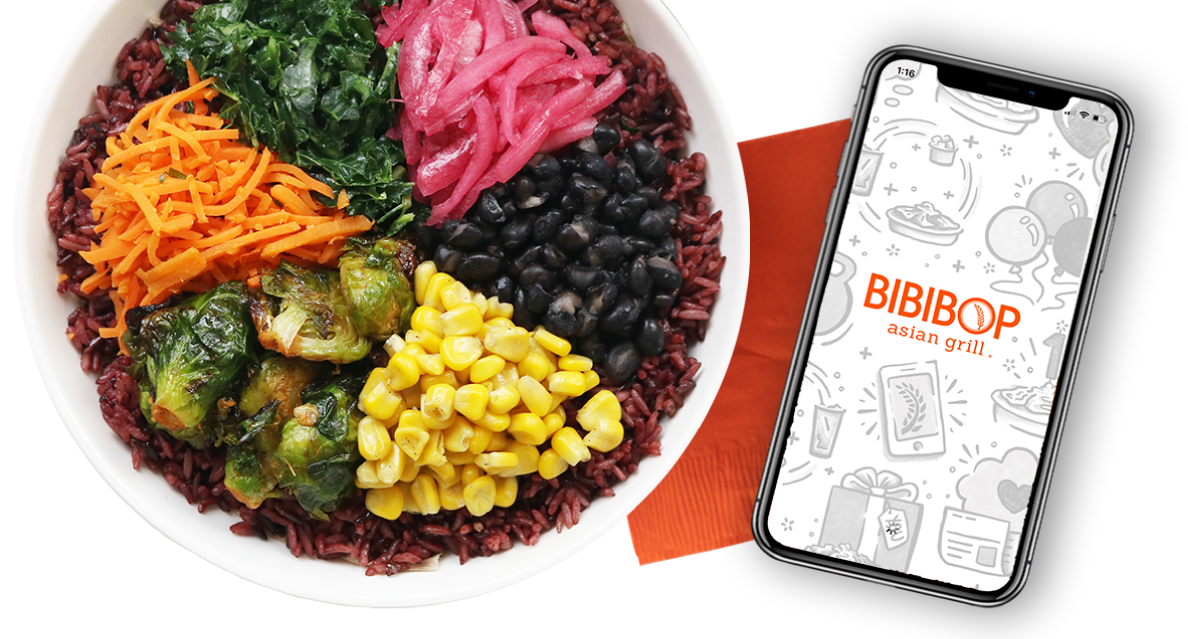Vegetables are often hailed as nutritional powerhouses packed with essential vitamins, minerals, fiber, and antioxidants vital for good health. Incorporating a variety of vegetables into your diet is generally considered a healthy choice, but can you eat too many vegetables? Let’s delve into this topic and explore the importance of balance in vegetable consumption.
The Nutritional Value of Vegetables
Vegetables are a rich source of nutrients that support overall health and well-being. They provide essential vitamins such as A, C, and K, minerals like potassium and folate, and dietary fiber, which aids in digestion and supports heart health. Additionally, vegetables contain many phytonutrients and antioxidants that help fight inflammation and reduce the risk of chronic diseases.
The Potential for Overconsumption
While vegetables are undoubtedly beneficial, it’s possible to overconsume them, which may lead to certain issues. Here are a few considerations:
Excessive Fiber Intake
Vegetables are known for their high fiber content, which is excellent for digestive health. However, consuming excessive fiber can cause bloating, gas, and digestive discomfort, primarily if your body isn’t accustomed to a high-fiber diet. It’s essential to gradually increase your fiber intake to allow your digestive system to adjust.
Carbohydrate Content
Some vegetables, such as starchy ones like potatoes and sweet potatoes, have a higher carbohydrate content. If you’re following a low-carb or ketogenic diet or monitoring your carbohydrate intake for medical reasons, consuming too many vegetables can affect your blood sugar levels and overall carbohydrate intake.
Oxalates and Kidney Stones
Certain vegetables contain oxalates, which can contribute to the formation of kidney stones in susceptible individuals. Suppose you have a history of kidney stones or are at risk. In that case, your healthcare provider may recommend limiting your intake of high-oxalate vegetables, such as spinach, beet greens, and sweet potatoes.
Allergies and Sensitivities
Individuals can be allergic or sensitive to specific vegetables. Consuming too much of a vegetable you’re allergic to can lead to allergic reactions, ranging from mild discomfort to severe symptoms.
Achieving Balance in Vegetable Consumption
Achieving a balanced approach to vegetable consumption is critical to reaping the benefits without overloading your system. Here’s how to strike that balance:
Diversify Your Vegetable Choices
Instead of consuming excessive amounts of a single type of vegetable, aim for a diverse selection. Different vegetables offer varying nutrient profiles, so incorporating a variety ensures you obtain a wide range of essential nutrients.
Portion Control
Like any other food group, portion control is essential when it comes to vegetables. Be mindful of the serving sizes and balance your vegetable intake with other important food groups to create a well-rounded diet.
Monitor Your Body’s Response
Pay attention to how your body reacts to the vegetables you consume. Consider adjusting your vegetable choices and portion sizes if you experience digestive issues, discomfort, or allergic reactions.
Consult a Healthcare Professional
Consult a healthcare professional or a registered dietitian for personalized guidance and recommendations if you have specific dietary concerns, health conditions, or dietary restrictions.
Vegetables are vital to a healthy diet, offering many health benefits. However, like anything in life, moderation and balance are key. By diversifying your vegetable choices, practicing portion control, and being mindful of your body’s response, you can enjoy the benefits of vegetables without going overboard. Always listen to your body and consult a healthcare professional for personalized dietary advice.



